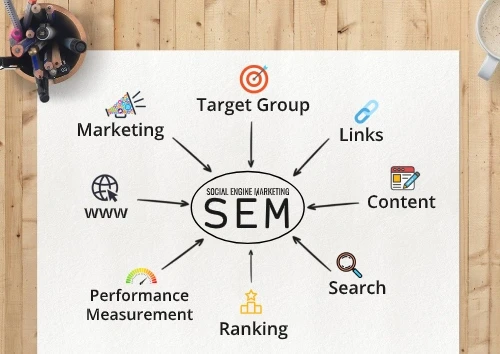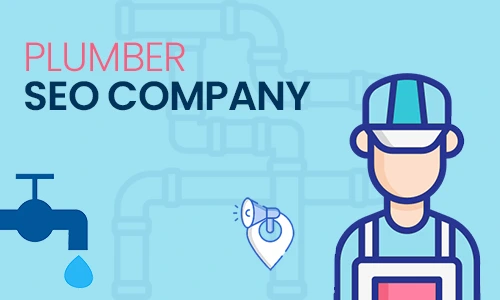Ecommerce platforms such as Magento, Shopify, and WooCommerce, and Content Management Systems (CMS) such as Joomla and WordPress are extensively used for developing websites for various companies and industries. The businesses that have their websites made on these technologies are now in the digital space, and they aren’t just competing for market share; they’re fighting for visibility.
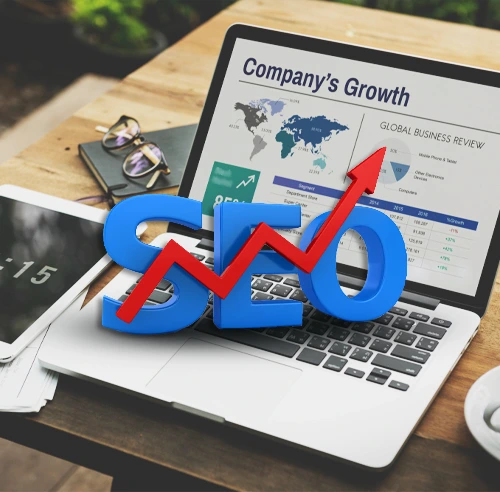
Every business begins with a vision. But in a world governed by algorithms, even the most innovative ideas can remain undiscovered without a search strategy. A few seconds of Google attention can define a brand’s reach. And yet, no matter how well your website is designed, without tailored SEO strategies aligned to your development platform, you’re invisible. Let’s unpack how SEO strategies change across platforms and why businesses must rethink their one-size-fits-all approach to visibility.
As an established SEO agency in India with a growing global presence, we recognise that SEO is no longer a one-size-fits-all approach. The demands of a Shopify store differ significantly from those of a WordPress website, and this holds true for all different platforms. And each platform, be it WordPress, Laravel, or Magento, comes with its search complexities.
Why Platform Specific SEO Important Today?
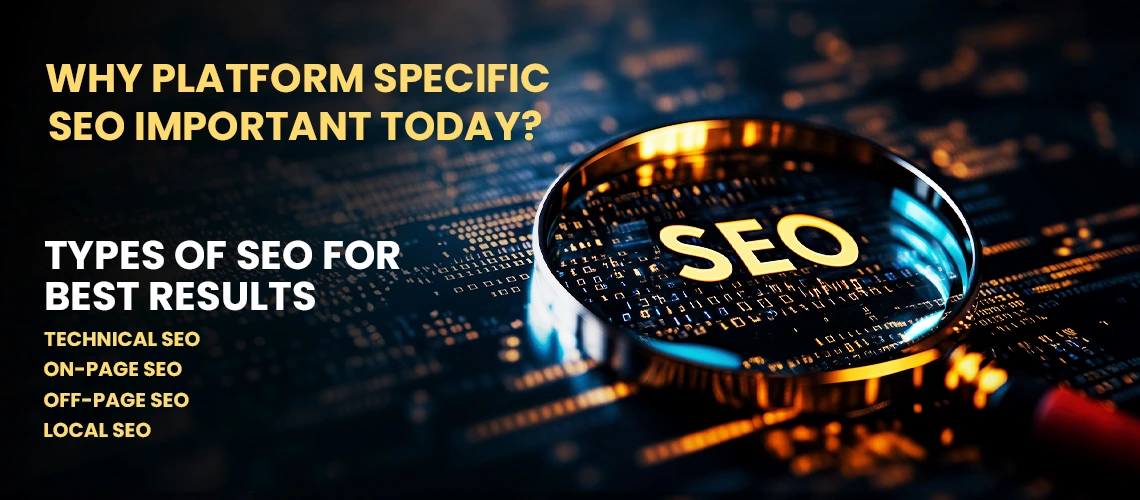
Each CMS or e-commerce platform is built differently. Some, like WordPress, offer easy plugin integrations. Others, like Laravel, are developer-heavy and require custom coding. These variances mean that SEO implementation, be it technical, on-page, or off-page, must adapt to the strengths and limitations of the chosen technology stack.
Google’s search algorithm evolves constantly, and it rewards not only content but also how efficiently your site is structured, how fast it loads, and how well it serves user intent. Without leveraging a platform’s built-in capabilities or compensating for what it lacks, you risk wasting your crawl budget, inviting indexation errors, and tanking your rankings.
A WordPress site benefits from schema-enabled plugins like Yoast or RankMath, while a React based website might need server side rendering (SSR) via Next.js to ensure Google can even see its content. Similarly, Shopify’s rigid URL structure demands a precise content strategy to work around limitations. This isn’t about adding meta tags and calling it a day; it’s about reverse-engineering your SEO strategy to the DNA of your platform.
From core web vitals to breadcrumb navigation, from structured data to responsive UX—every platform requires its own blueprint. Before we jump into what and how platform SEO is unique, we must know that there are essentially four kinds of SEO that are used and tailored according to the platforms.
Types of SEO For Best Results Explained
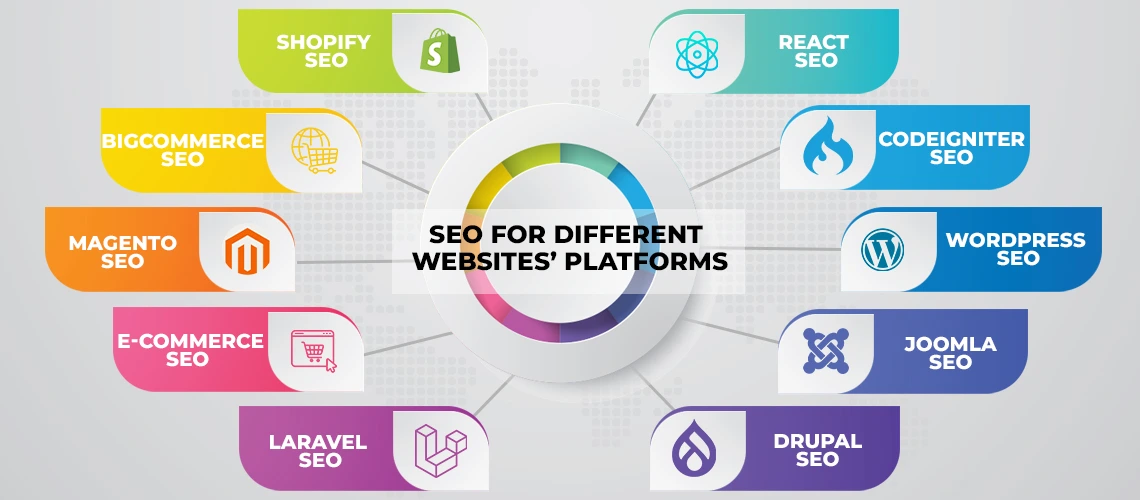
1. Technical SEO
Tunes your website’s infrastructure for better crawlability, indexation, and site performance. Includes Core Web Vitals optimization, Mobile responsiveness and HTTPS configuration, Schema markup and structured data, Canonicalization and error detection, and Robots.txt and sitemap setup.
2. On-Page SEO
Content and HTML optimisation is its focus. We use Keyword-mapped headers (H1-H3), Internal linking and SEO-friendly URLs, Content optimization, hierarchy with NLP strategies, and Image ALT text and lazy loading.
3. Off-Page SEO
Establishes domain authority through third party websites. From White hat link building, Influencer hashtags and PR online, Guest posting, publishing articles blogs, Directory and forum outreach, all of this comes under Off Page SEO.
4. Local SEO
For local search, physical business visibility by working on Google Business profile optimization, Local citations and maps integration, NAP consistency, and Hyperlocal content production.
These are the types of SEO that will be included for each website but will be tailored according to the technologies and specific use case.
Webindia Master performs SEO activities for the following platforms;
WordPress SEO
Shopify SEO
Laravel SEO
React SEO
E-Commerce SEO company
Magento SEO
CodeIgniter SEO
BigCommerce SEO
Joomla SEO
Drupal SEO
SEO for Different Websites’ Platforms
Here’s how SEO implementation varies across the top 10 most commonly used platforms:
WordPress SEO
As the world’s most popular CMS, WordPress is both versatile and SEO-friendly. WordPress is preferred due to its content flexibility, but an unstructured setup would be an SEO weakness. From small blogs to large enterprises, everyone leverages it.
As a part of WordPress SEO, we conduct crawlability testing with Screaming Frog, set up performance reports via Core Web Vitals, and implement custom schema types via JSON-LD. If you have a blog, a business website, a news website, or a WooCommerce online store, we offer page-level SEO services.
Our SEO team uses a robust SEO plugin (Yoast/RankMath) to automate meta tags, XML sitemaps and structured data, enable caching/CDN and pick a lightweight, responsive theme to improve load times which is a key ranking factor, write unique titles, meta descriptions and quality content for each page; avoid keyword stuffing, optimize imagesand use lazy loading, leverage Schema markup to enhance search snippets. For local businesses, implement local SEO, which has a local business schema, and maintain a Google Business Profile to boost local rankings.
Shopify SEO
Shopify is a hosted e-commerce platform (SaaS) that enables merchants to build online stores quickly. Built for e-commerce, Shopify hosts retail giants and small businesses. It provides built-in SSL, CDN, mobile-optimized themes, and structured data. However, its rigid URL structure and duplicate content from collections require precision.
SEO on Shopify follows the three usual pillars which are technical, on-page, and off-page SEO, but with platform-specific details. Technical SEO involves choosing an SEO-friendly theme and custom domain, enabling SSL, and optimizing site speed (compress images, use modern formats like WebP). On-page SEO means entering unique meta titles, descriptions, and content for every product, collection, and page. Our team adds keywords to collection descriptions, blog posts, and alt text on images. For Off-page SEO, Shopify has apps to amplify outreach.
Webindia Master works within Shopify's limits to provide organic growth. Shopify's URLs are inflexible and tend to redundantly repeat metadata. Our experts carry out liquid template customisations to bring in SEO where Shopify limits it.
Laravel SEO
Laravel is a popular open-source PHP MVC framework for custom web applications. It’s often chosen by startups, tech firms, and agencies building anything from SaaS apps to company websites. Unlike any CMS, Laravel requires developers to build SEO features into it. Our developers, while building a Laravel website, add functionality that helps in improving SEO. Technical SEO for Laravel means configuring your own environment, setting up fast hosting and caching, and automating sitemap generation. Our team makes sure URLs are SEO-friendly using Laravel’s routing, which is essential for SEO. To get SEO for startups or tech firms or any Laravel built website, contact Webindia Master
On-page SEO in Laravel is half done by developers with activities like inputting meaningful <title> and <meta description> tags, and using heading tags (<h1>, <h2>) to structure content, inserting alt text on images and using Schema. Off-page SEO (link-building, social) is platform-agnostic. For mobile SEO, we ensure your front end is responsive and lightweight.
React SEO
React is a front-end JavaScript library and is often used with frameworks like Next.js or Gatsby for websites. Many modern web apps and sites, such as Facebook, Instagram’s web app, and Netflix’s front end, are made using React. As a front-end JavaScript library, React poses challenges to traditional SEO. Without SSR or static site generation (e.g., via Next.js), Google may not crawl your content.
In our Technical SEO for React strategies, we ensure search engines can crawl your content, and we handle code-splitting and performance optimizations. Always ensure your site has an XML sitemap and robots.txt. On-page SEO for React involves using libraries like React Helmet to inject <title>, <meta> tags and structured data into the HTML head. Each route/component should set its own metadata. Because React routes are often single-page, we ensure each “page” has its own unique title and description. The team uses meaningful headings and places important content in server-rendered areas. For mobile SEO, we ensure your React site is a responsive website. Off-page SEO involves generating backlinks and social signals to your React site’s URLs. For Local SEO, if your React site is for a local business, we will integrate contact info and local schema into your website.
E-commerce SEO
E-commerce websites, regardless of platform, have unique SEO needs. They usually have large catalogs of product pages, category pages, and often faceted navigation. Major e-commerce sectors include retail, such as apparel websites, electronics websites, grocery, travel, etc. Our SEO for e-commerce services focuses on product discoverability and conversion.
Technical SEO for e-commerce sites includes optimizing site structure (logical categories, breadcrumbs) and performance. Big stores must manage the crawl budget, implement proper pagination and minimize empty faceted pages. Our SEO services in India for Ecommerce ensure proper HTTPS and mobile-friendly design also.
When it comes to on-page SEO, it centers on product and category pages. Each product page needs a unique, descriptive title and meta description; a detailed, original product description; high-quality images (with alt text); and schema markup (Product, Offer, Review). We ensure that Category pages, also known as collections, have introductory text that includes target keywords, blog content, and buying guides that can capture high-intent and informational queries.
Off-page SEO for e-commerce can include making secure backlinks through PR (e.g., featuring in gift guides, reviews) and partnerships (influencers, affiliates) or encouraging product reviews- these not only improve conversion but also add fresh content. For Local SEO, multi-location retailers should create store pages with local schema and manage Google Business Profiles for each location. If you offer in-store pickup, we make sure that it appears in structured data. For Global SEO, our team adds hreflang tags for multi-language/currency sites and sets up separate country subdirectories or domains as needed.
Magento SEO
Magento is a powerful open-source e-commerce platform used by medium and large retailers. It’s common in fashion, automotive parts, and B2B. Magento is feature-rich for SEO: out-of-the-box, it supports editable meta titles/descriptions, layered navigation, and XML sitemaps. Large Magento stores tend to have duplicate filters, session parameters, and slow queries. We use cache-friendly category structures, product URL flattening, and canonical tag management across filtered lists. It also includes technical tweaking, faceted navigation correction, and canonicalisation to deal with duplicate products.
In Technical SEO for Magento sites, full-page caching and a CDN are done, as the platform can be heavy. We optimize images via compression extensions and make sure “Search Engine Friendly” URLs are enabled. Magento automatically creates canonical URLs for products in multiple categories.
Magento lets you enter metadata for products and categories individually. As a part of on-page SEO, each product and category page can and should include rich content (descriptions, bullet points). Magento’s built-in breadcrumbs can improve navigation. Off-page SEO is the same as any site. We build links to authority sites (e.g., fashion blogs, and review sites). Magento’s blog or CMS pages can host linkable content.
CodeIgniter SEO
CodeIgniter is a lightweight PHP MVC framework (like Laravel, but older). It’s used by developers who want simplicity and speed for custom apps.
Since CodeIgniter has no built-in CMS features, SEO must be hand-rolled. Technical SEO requires the developer to set up the entire thing. We help development teams with friendly URLs, enable caching, and create a sitemap (e.g., using a PHP sitemap library). Our team optimizes your pages for speed by using CodeIgniter’s caching class or native output compression.
On-page SEO for the CodeIgniter website included adding <title> and <meta> tags in your views manually, writing human-readable URIs via the routing configuration, and also adding structured data. For Local SEO, include address and map embeds on your pages. CodeIgniter doesn’t have plugins, but we can call Google Maps or LocalBusiness schema manually.
BigCommerce SEO
BigCommerce is a hosted e-commerce platform similar to Shopify but often chosen by B2B or larger B2C merchants. BigCommerce offers fast hosting and a selection of responsive themes. It also gives more URL control than Shopify.
Our technical SEO team ensures XML sitemaps and robots.txt are configured, and performance is optimized by enabling the built-in image compression and by minimizing 3rd-party scripts. We edit page titles, meta descriptions and URL slugs for products, categories, and content pages directly in the BigCommerce admin. We use descriptive product names and fill category descriptions with keyword-rich copy as a part of On-page SEO for BigCommerce Website. Off-page SEO for BigCommerce required building a link profile through content marketing, PR, and social.
BigCommerce supports multi-storefronts for different regions, and you can set up multiple languages/currencies. BigCommerce’s “Stores” feature is used to manage country-specific sites with appropriate hreflang tags. We regularly check Google Search Console for crawl errors; BigCommerce can automatically handle 301s for product renames, but broken links (e.g., from deleted products) are manually redirected.
Joomla SEO
Joomla is an open-source CMS. Joomla’s appeal is its balance of usability and flexibility (second to WordPress in popularity among CMSs).
The technical aspect of SEO includes supportive Search Engine Friendly (SEF) URLs and .htaccess URL rewriting out of the box. Steps like enabling “Use URL rewriting” in settings, turning on caching, optimizing site speed by choosing a lightweight template, and using Joomla’s Cache. On-page SEO for Joomla website includes every usage of category, and menu item has fields for meta title and description for every article, setting H1 headings, and allowing intro text for SEO. Joomla also allows adding tags to articles, but use them sparingly. For images, we can add alt attributes via the media manager and use the Menu Item alias to control URL slugs.
Drupal SEO
Drupal is a robust open-source CMS often used for high-traffic and complex sites such as government websites, media websites, and websites for higher education. Drupal is designed with SEO in mind, offering many built-in and modular features. Technical SEO for Drupal includes enabling Clean URLs (friendly aliases) and using Drupal’s caching and aggregation. Drupal can also automatically generate XML sitemaps via the Simple XML Sitemap module.
On-page SEO is powerful in Drupal through contributed modules. The Pathauto module automatically creates keyword-rich URLs. The Metatag module, which is by default enabled in new Drupal sites, lets you set dynamic <title>, <meta description>, and social tags for content. As a part of our SEO strategy for websites, we can attach meta fields to nodes (pages) easily. Because Drupal supports multisite or multi-language natively, it can set hreflang tags with the Internationalization (i18n) module and translation workflows for international SEO.
Whichever platform your website is built on, Webindia master the best SEO agency in India, provides you with the best SEO services for platforms. So, what are you waiting for? Choose the top SEO company for your tailored SEO services in India and globally, too.
Free SEO Audit for Your Website
Before any SEO campaign is initiated, we carry out a thorough SEO audit specific to your business and what technology it is built. It involves a technical Health Check of the site, i.e., Crawl errors, indexability, duplicate content, redirects. Keyword Opportunity Mapping, i.e., Gap analysis vs. competitors, search intent, and long-tail keywords, Content Audit for Identifying underperforming, outdated, or thin content. Backlink Profile Analysis, dead and non-working links, anchor text diversity, evaluation of domain authority, and Competitor Benchmarking, i.e., SERP overlaps, market share visibility, and PPC crossover information. This audit constitutes the basis of a sustainable, scalable SEO roadmap. Reach out to us and get a Free SEO Audit for your website today!

Let's Talk!
Organic growth is magic; it's a method. And Webindia Master is the agency behind hundreds of ranking websites in India and worldwide. Want this SEO plan and packages for your business? Let’s talk.
Let's bring your business to the number one spot on Search Engines, efficiently and responsibly.

